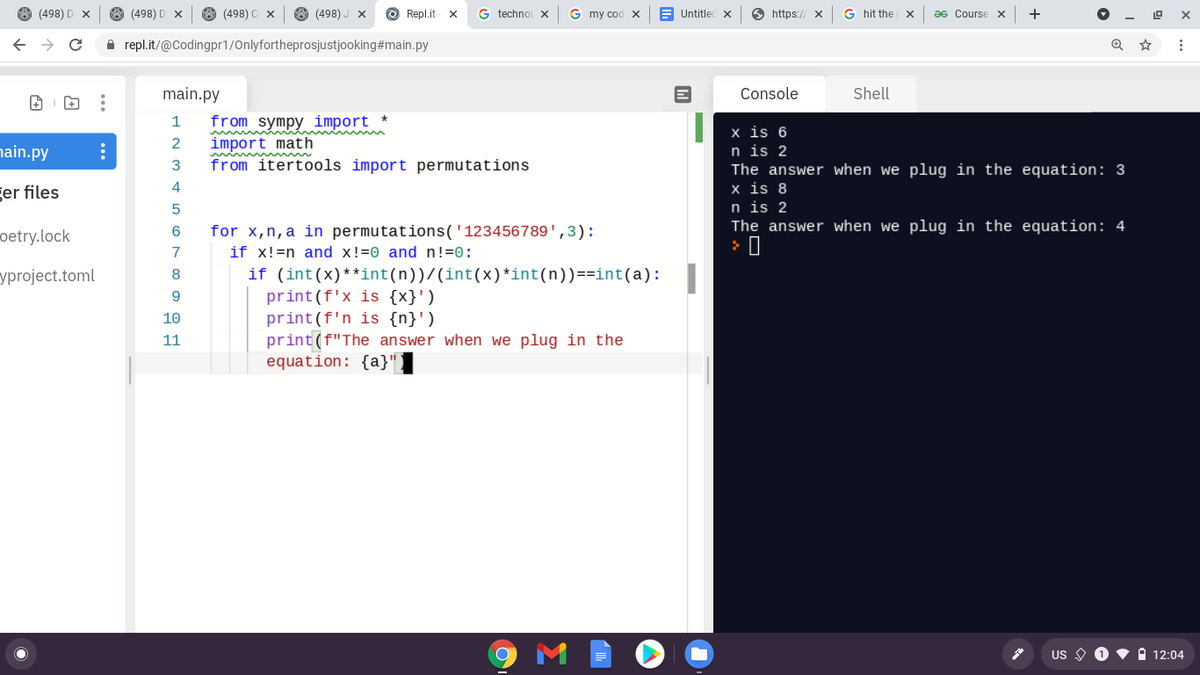Products, sums and divisors 2
How many integers are there such that, for all positive integers , is divisible by ?
Clarification: We say that integer divides integer if there exists an integer such that .
This section requires Javascript.
You are seeing this because something didn't load right. We suggest you, (a) try
refreshing the page, (b) enabling javascript if it is disabled on your browser and,
finally, (c)
loading the
non-javascript version of this page
. We're sorry about the hassle.

The only value for x is 0 .
Let N = n x n − 1 , then when x is 0:
N = n 0
Since for all n , n ∣ 0 , so we have the only value for x